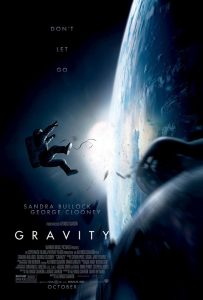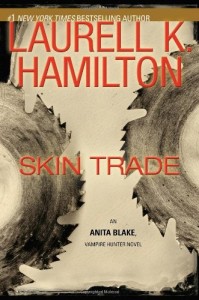 In case you are wondering why I should read such a very Snow Falling on Cedars type of book, and nevermind that I haven’t read comics in ages or that there’s a new Stephen King book in the world? Book club.
In case you are wondering why I should read such a very Snow Falling on Cedars type of book, and nevermind that I haven’t read comics in ages or that there’s a new Stephen King book in the world? Book club.
So, The Wind-Up Bird Chronicle. There’s this Japanese guy, living in a house with a wife and a secret alley that wanders through the neighborhood and a missing cat and some fortune tellers and a Lolita neighbor, all of which are also Japanese[1]. And…. okay, I have no idea where to start or end this review, spoilers-wise, because very little of what actually happens is the point, and I’m going to spoil the hell out of the themes of the story, because that’s what I usually do, except this time if you take away the themes there’s actually nearly nothing to discover, so I may be doing it wrong. If you’re worried about that kind of thing or this particular book, you should skip the rest of this, only then you’d have no review at all. So here’s what I’ll do.
Before all the despoiling of the fecund thematic territory I am about to perpetrate, I will say that I did not particularly like the book, and mainly it was because of a probably cultural difference between myself and the author that leads me to strongly disagree with the points his book is making. (I am not so sure he himself is making them, but it’s hard to explain why. Hopefully I succeeded below, in the spoiler part you aren’t reading? Still, it seemed like I ought to say so, in case.) However, and this may strongly tie into the recent parenthetical distinction, the way it wrapped up was pretty satisfying, so at least I don’t resent the whole endeavor.
Anyway, though, themes. Well, theme. Toru Okada (the Japanese man I mentioned earlier), as he wanders through his world, growing more and more confused by the ever stranger events and people he comes into contact with, is presented with one unifying message from every single character, except possibly the cat: “there is no way to control fate, not yours, not mine, not anyone’s.” And I mean, the name of the book itself: there’s this bird that nobody can see, up in a tree somewhere, winding up the world every morning, and then the world goes off on its preordained path until it winds down again. And while that’s an interesting thought exercise, it makes for a pretty horrible world. Nobody can fight for happiness. Nobody can feel good about any accomplishment, nor feel regret about any shortcoming. It all just is, and that’s the end. My ability to maintain interest in characters for whom I don’t feel the slightest shred of empathy? Turns out to be vanishingly small.
The one good thing about all that is that I’m pretty sure the pivot on which the story swings is Toru’s decision whether to accept that message or not. If you are saying to yourself, “He can’t decide that or it undermines the entire premise!”, well, a) that’s what makes me feel a little better about things but also b) that’s why I’m not sure if I read the book correctly. Because, seriously, if I’m right, it’s 95% “everything is outside your control” and 1% “I disagree”, and that’s a weird proportion when you are arguing the converse. So I may really just be inserting what I wanted to happen instead.
(The remaining four percent is Japanese history lessons, ca. World War II.)
[1] I point this out repetitively because it will be important later. I pointed it out with one repetition instead of one per noun because that would have been as horrible to type as it was going to be to read.
 My research indicates that, having finished Volume 6 of Ennis’ The Boys series, I am halfway done. (Also, that all of them are published, so that’s nice.) This particular volume is pretty much just going through the motions, with no real plot development to speak of.
My research indicates that, having finished Volume 6 of Ennis’ The Boys series, I am halfway done. (Also, that all of them are published, so that’s nice.) This particular volume is pretty much just going through the motions, with no real plot development to speak of.


 And then I finally saw a new movie, for the first time in I really don’t want to look up how many months.
And then I finally saw a new movie, for the first time in I really don’t want to look up how many months. 



 See, I even sort of have a couple of things to say about
See, I even sort of have a couple of things to say about